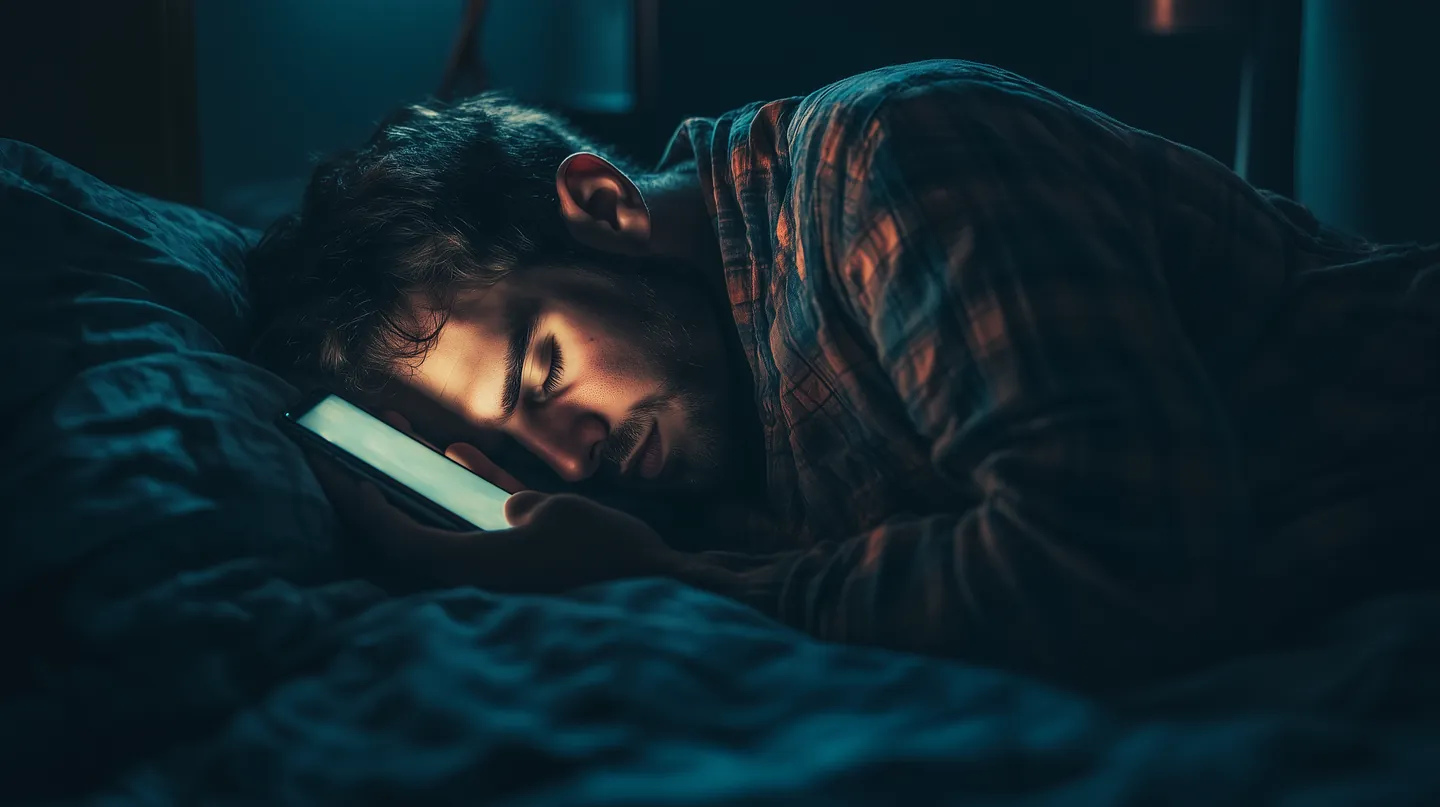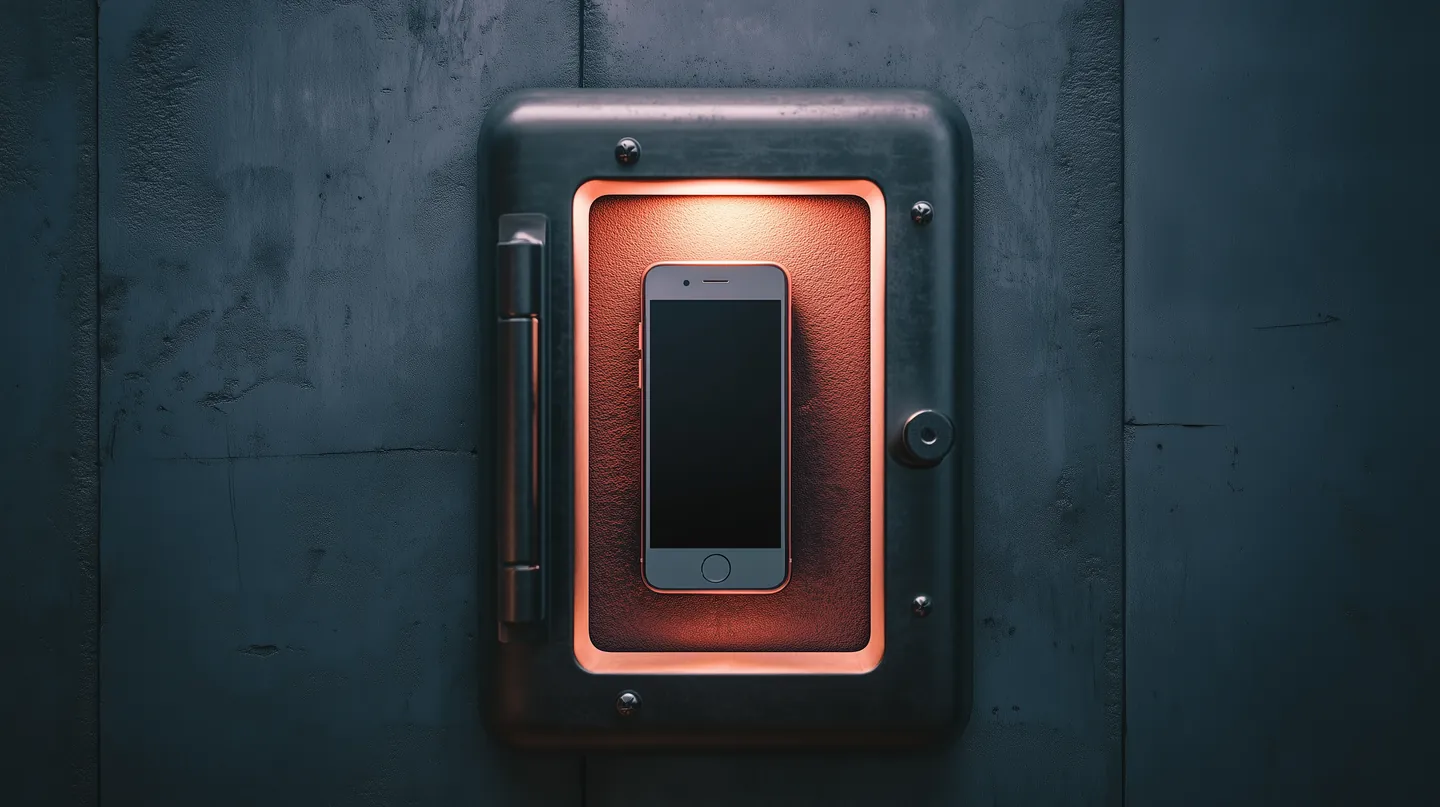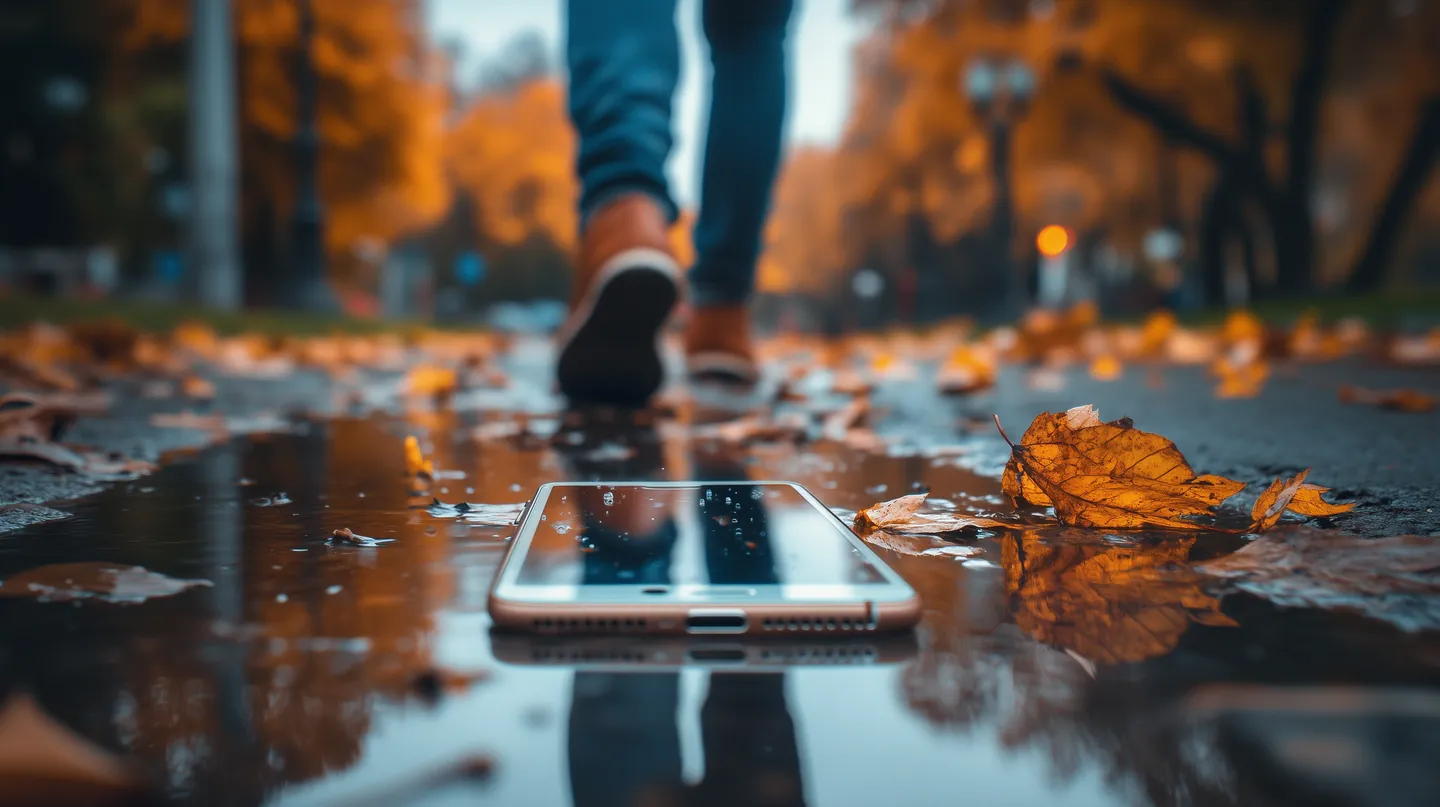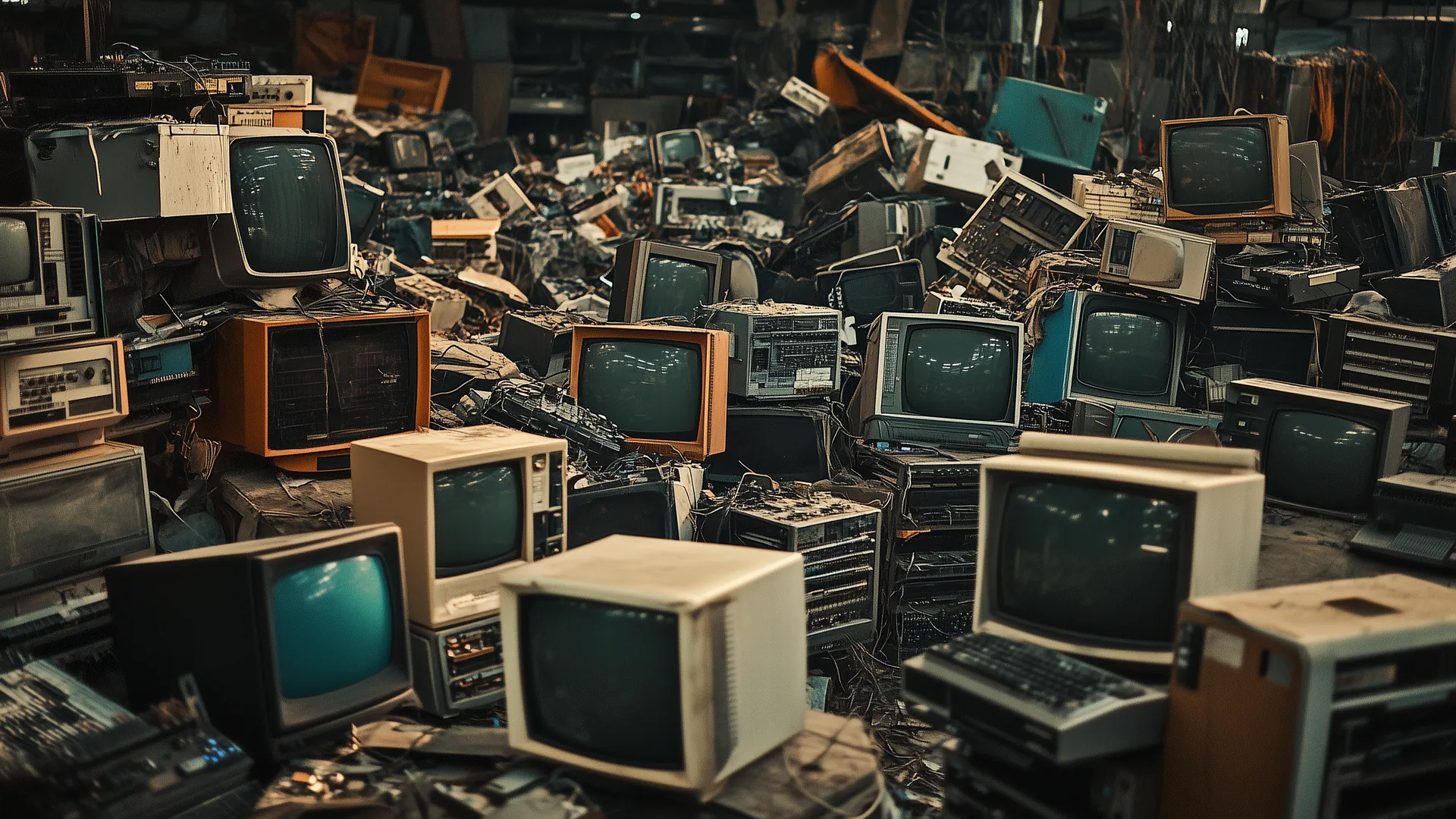In today's world, technology surrounds us almost everywhere, offering unprecedented opportunities for career development and a variety of leisure activities. Smartphones, laptops, and tablets have become indispensable tools in our daily lives. However, it's essential to recognize that constant interaction with digital devices can lead to fatigue, reduced work productivity, and a decline in overall life effectiveness. Engaging in a digital detox—a conscious decision to step away from electronics for a specific period—can help restore focus and significantly enhance your performance both professionally and personally.
Understanding the Concept of Digital Detox

In an era where information technology dominates nearly every aspect of our lives, we are continuously interacting with electronic devices. While these gadgets offer convenience and connectivity, excessive immersion in the digital world can cause stress, physical exhaustion, and deterioration in overall quality of life. A digital detox is a mindful practice that involves limiting or eliminating the use of digital devices to mitigate their negative impact on mental and physical health.
Definition and Goals of Digital Detox
A digital detox refers to a set period during which an individual intentionally reduces or eliminates the use of electronic devices such as smartphones, computers, and tablets. The primary goal of this practice is to provide the mind with a much-needed break from the incessant flow of information and notifications. By doing so, individuals can decrease stress levels, improve cognitive functions, and enhance their overall well-being.
The Impact on Work Productivity

In our digital age, life is intricately linked with the use of technology. While these tools can significantly improve work efficiency, they are also sources of constant stress and distraction. Notifications, emails, and the lure of social media can fragment our attention and reduce our ability to focus deeply on tasks. A digital detox offers an opportunity to temporarily step back from digital devices, allowing us to reduce stress levels and improve concentration.
Benefits of a Digital Detox on Productivity
- Enhanced Focus: Eliminating constant notifications and taking breaks from gadgets enable deeper concentration on tasks at hand. This heightened focus can lead to better quality work completed in less time.
- Reduced Stress Levels: Limiting interactions with digital devices lowers tension and anxiety, contributing to improved emotional well-being. Without the pressure to constantly check messages or updates, individuals can experience a sense of calm and control.
- Improved Sleep Quality: Reducing screen time, especially before bedtime, can lead to better sleep patterns. Quality sleep is crucial for cognitive function and overall productivity the following day.
- Stimulated Creative Thinking: Taking a break from the continuous influx of information allows the brain to "reset," fostering creative problem-solving and innovative ideas. Unplugging can ignite inspiration that is often stifled by digital overload.
Possible Challenges
Implementing a digital detox can be challenging, especially for those whose work is closely tied to digital technologies. Professionals might worry about missing important communications or falling behind. In such cases, it's vital to find a balance that allows you to reap the benefits of a digital detox without compromising professional responsibilities. Setting specific times for checking emails or messages can help maintain this balance.
Practical Recommendations for a Successful Digital Detox

Digital devices play a significant role in our lives, but it's sometimes necessary to take a step back from them. A digital detox can help reduce stress levels, improve concentration, and enhance psychological well-being. Below are practical tips to help you effectively conduct a digital detox, thereby improving your emotional and professional state.
Plan Your Detox
Choose a period when you can afford to spend less time in the digital world. This might be a weekend, a vacation, or any time when work demands are lower. It's important that this period doesn't coincide with intense work activity requiring constant use of digital technologies. Planning ahead ensures you can fully commit to the detox without external pressures.
Limit Access to Devices
Remove electronic devices from your immediate environment that might tempt you. Turn off notifications or power down devices completely. If you’re not ready to eliminate all devices, start by limiting the use of one—such as not bringing your smartphone into the bedroom. Creating physical distance from devices can reduce the impulse to check them.
Replace Digital Activities
Schedule engaging activities to fill the time you'd usually spend online. This could include reading books, exercising, outdoor walks, or picking up a hobby you've been meaning to try. The key is to choose activities that are enjoyable and absorbing, providing a fulfilling alternative to screen time.
Involve Your Social Circle
Discuss your plan with family and friends. Inform them about your intention to unplug and ask for their support. They might even choose to join you, turning the detox into a shared experience. Collective participation can make the process more enjoyable and hold you accountable.
Take Gradual Steps
If the idea of completely disconnecting seems too daunting, start gradually. Begin by limiting time spent on social media, then progressively extend the duration of your digital detox. Small steps can make the transition smoother and more sustainable.
Reflect on the Experience
During and after the detox, take time to reflect on your feelings and any changes in mood, sleep quality, and stress levels. Journaling your observations can help you understand how digital technologies impact your life. This awareness can motivate you to make lasting changes in your daily habits and maintain a healthier balance with technology.
Conclusion

A digital detox can be an excellent way not only to boost productivity but also to improve overall well-being and quality of life. Incorporating regular digital detox periods into your routine helps maintain a healthy balance between work and personal life, reduce stress levels, and enhance concentration. By consciously unplugging from time to time, you allow yourself the space to recharge, leading to greater efficiency and happiness in both your professional and personal endeavors.










